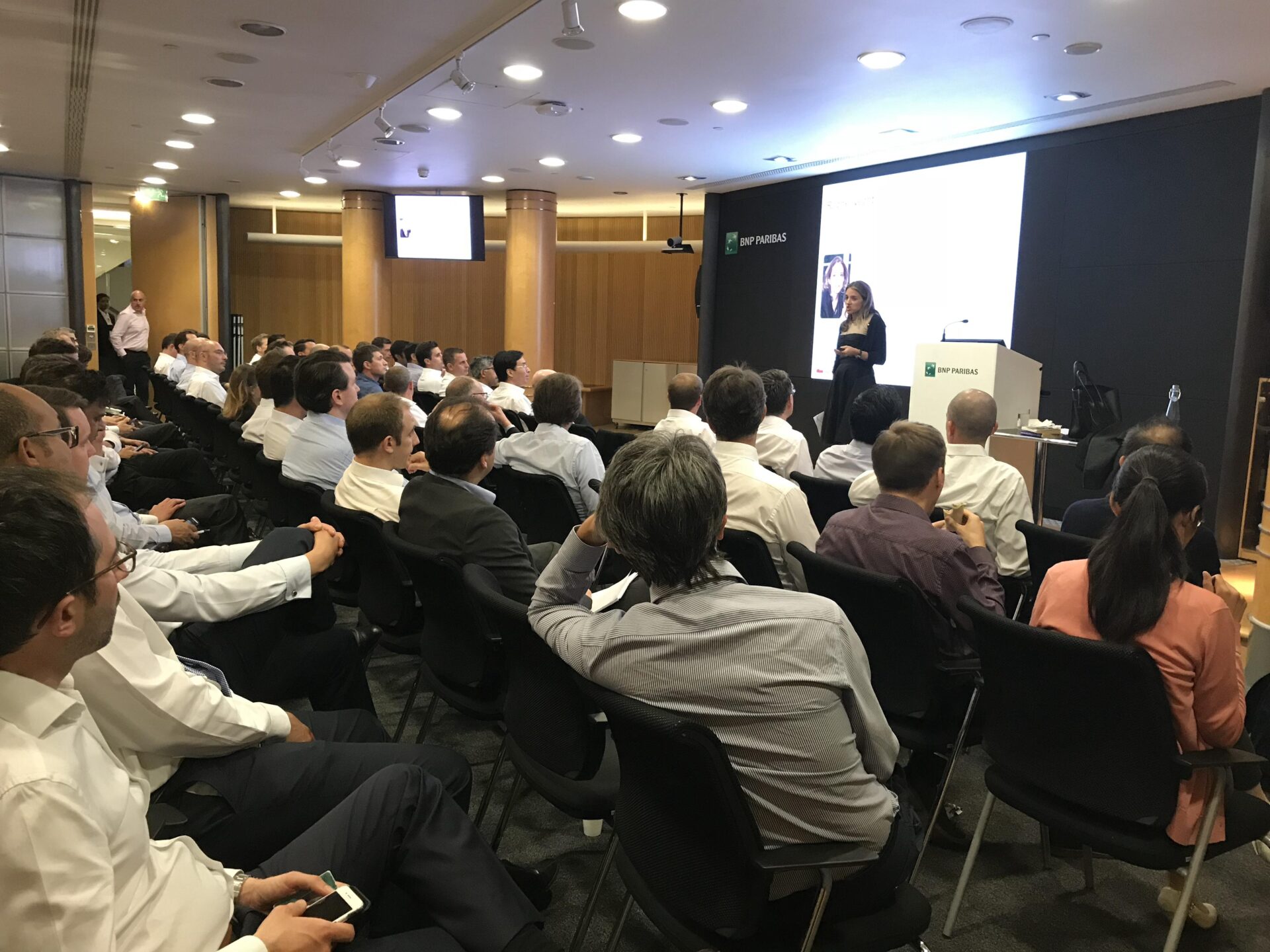Since father’s day is this week, I thought it was an opportune time to share some of my observations and experiences from chatting to dads at work. I have spent the last 17 years delivering support to parents in their place of work through webinars, seminars, workshops and consultations. I have always had a healthy representation of dads in the audience. However, it is only very recently that I have heard so many dads talking about issues that are very specific to them.
Increasingly, I am noticing fathers discuss striving for a healthy work-life balance and for more time with their children just as much as mothers. Mothers are gaining more equal access to employment, whilst fathers want to spend more time with their family and fulfil their childcare responsibilities.
We have progressed a long way from the stereotype of fathers at work as the main ‘breadwinner’ and mothers staying at home as the primary carer. It is very common practice for mothers to work and for fathers to be far more ‘hands on’ at home: involved in chores, nappy changing, helping with homework etc. The role of mother versus father is far less distinct than it was in our parent’s generation. Fathers at work are experiencing and feeling the same pressure as mothers to ‘have it all’ .
Right from the start, parental instinct is as real as maternal. Men have a hormonal response when their baby is born with an increase in oxytocin and oestrogen leading to a feeling of natural protectiveness for their baby, which never really goes away.
I facilitated a particularly positive session at Barclays towards the end of last year in celebration of International Men’s Day, where fathers in very senior roles were sharing how they made agile working viable for them. Even if it just meant something as simple as leaving work early on Thursdays to take their son to rugby practice. At another bank this week the auditorium was packed full of dads who wanted to attend my session specifically geared to them, that explored how the role of a father is changing and how they could get the best out of their relationship with their child. When I asked how many were working flexibly, only one father half stuck his hand up and then said it didn’t really count as he doesn’t do it anymore. This seems to be very much the norm.
From speaking directly to dads about their differing experiences at work, there are a number of factors clearly standing in the way of enabling fathers to spend more time with their children and benefit from a full, healthy work-family merge/balance/mesh.
What is standing in the way of healthy work/family balance:
· Very low take up of ‘Shared Parental Leave’ and ‘Paternity Leave’ for a number of reasons; financial, how it is perceived by colleagues, the impact it may have on career progression and that mothers don’t always want to share their hard earned maternity leave with fathers.
· There is still a prevailing macho culture. At this time of year, many dads I speak to admit that they don’t feel they can announce they are leaving work early to attend sports day or an end of year school play. Or even openly request early leave for that purpose, whilst mothers can.
· Of course every individual experience is very much dependent on the attitude of line mangers and the role models in senior management.
· Paternity allowances are not in line with maternity allowances.
· More and more corporates have the right policies in place and ‘talk the talk’ but the reality and every day experience is usually very different.
· There can still be some ‘maternal gatekeeping’ in families, where even mothers that work equal hours to their partners block men from helping with things like homework and extensive childcare.
Earlier this week, I was fortunate to hear Sarah Jackson of Working Families, share her findings form the ‘Modern Families Index 2018’.
Facts that really stood out from the Modern Families Index were:
· Almost 1/3 of parents felt they could not work flexibly (due to job type, organisational policy, manager opposition, fears about perceived lack of commitment or fears about disadvantage re promotion or pay).
· A greater % of fathers (37%) than mothers (32%) resented their employer for their lack of work-life balance.
· A greater % of millennial fathers than mothers over the next 2 years intend to reduce their work or downshift to lower jobs.
Clearly huge cultural shifts still need to happen over the coming years so that genuine flexible or agile working is available to all, irrespective of whether or not you are a parent.
I genuinely feel that fathers’ increased participation in family life is one of the greatest changes in the 21st century. Fathers absolutely need to be granted the same opportunities to bond with their children as mothers are given. I passionately believe that both fathers and mothers, children and employers would benefit enormously if this became a reality.

